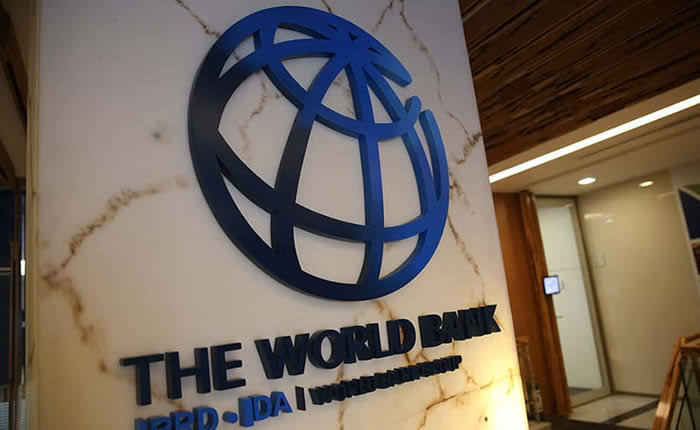By Peter Omopo
The World Bank has projected that Nigeria’s inflation rate will decline to an average of 22.1 percent in 2025, citing the Central Bank of Nigeria’s (CBN) tight monetary policies aimed at restoring price stability and curbing inflation expectations.
The forecast was revealed on Monday in a statement published on the World Bank’s website following the launch of its latest Nigeria Development Update report in Abuja.
Titled “Building Momentum for Inclusive Growth,” the biannual report evaluates recent economic developments and policy responses while highlighting priorities for sustaining reforms and fostering inclusive growth.
According to the report, while Nigeria’s macroeconomic indicators—such as GDP growth, revenue mobilisation, and fiscal consolidation—have shown marked improvements, inflation remains a major concern.
“Inflation has remained high and sticky but is expected to fall to an annual average of 22.1 percent in 2025, as a sustained tight stance firmly establishes monetary policy credibility and dampens inflationary expectations,” the report stated.
Key factors driving recent inflation include the removal of petrol subsidies, exchange rate unification, high logistics and energy costs, and persistent food supply challenges. However, the World Bank noted that the CBN’s monetary tightening is beginning to yield results, with inflationary pressures expected to ease in the coming year.
Nigeria’s economy recorded significant gains in 2024, growing by 4.6 percent year-on-year in the fourth quarter, pushing annual growth to 3.4 percent—the strongest since 2014, excluding the post-COVID rebound. Fiscal performance also improved, with the consolidated fiscal deficit narrowing from 5.4 percent of GDP in 2023 to 3.0 percent in 2024.

